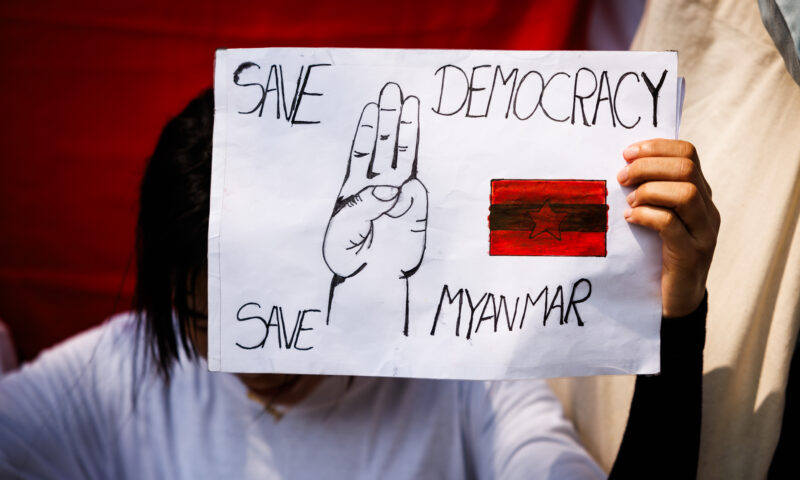Culture & Media
L.A. Times’ Double Talk on Raising Wages

Last week the L.A. Times ran an editorial about the city’s proposed hotel worker minimum wage policy. Given past history—the Times has opposed every local living wage proposal over the past 17 years—it’s natural to see progress in a piece that acknowledges that “persistent poverty” is a “fundamental challenge” and argues that “Creating policies that help lift people out of poverty should be one of government’s top priorities.”
Many have read the Times’ editorial as a call for a broader policy covering more workers, which is a kind of backward endorsement of the Raise LA proposal. In the end, however, the Times stays true to its track record, opposing a $15 minimum wage not only for hotel workers but effectively for others as well.
The point is evident at the bottom of its piece, where the editorial board suggests (without evidence) that raising wages to this level may harm business, and asserts that only “higher levels of government” should pass wage policies.
So how do we make sense of an editorial that claims, on the one hand, that government must act to lift people out of poverty, but then sounds the alarm about the dangers of raising wages?
The truth is, these two positions cannot be reconciled. After all, if you believe that increasing wages is a threat to business and the economy, why pay lip service to its importance?
By suggesting that a broader wage increase is the way to go, the Times only raises more questions about its logic. If there are, in your mind, economic risks to increasing wages, wouldn’t those risks be greater if more workers were covered? Isn’t that precisely why an incremental approach like the one proposed to help hotel workers makes sense?
The talking point—why not make the wage broader—has been echoed in a few unusual places since then. The L.A. Daily News raised it, as have a few other opponents of the hotel worker living wage.
The reason for asking this question is pretty simple. It’s hard to argue that poverty isn’t a problem. It’s hard to argue that workers making $10 an hour don’t live in poverty. It’s hard to argue that hotels, which are having their third straight record year and have dropped wage compensation as a percent of room revenue by 15 percent in the past decade, can’t afford it.
L.A. Business Journal editor Charles Crumpley, no radical he, made these and other similar points in a somewhat grudging piece (to read it you need a subscription) a few months back, arguing that we were evil geniuses for proposing this incremental approach.
Opponents have tried for a few months to put up roadblocks without much success. Pretending to support a broader wage hike is their effort to turn it around. They hope that by sounding positive about increasing wages, we’ll all forget they are opposing the one proposal that will actually do that.

-

 Latest NewsJanuary 8, 2026
Latest NewsJanuary 8, 2026Why No Charges? Friends, Family of Man Killed by Off-Duty ICE Officer Ask After New Year’s Eve Shooting.
-

 Column - State of InequalityJanuary 1, 2026
Column - State of InequalityJanuary 1, 2026Still the Golden State?
-

 The SlickJanuary 12, 2026
The SlickJanuary 12, 2026Will an Old Pennsylvania Coal Town Get a Reboot From AI?
-

 Pain & ProfitJanuary 7, 2026
Pain & ProfitJanuary 7, 2026Trump’s Biggest Inaugural Donor Benefits from Policy Changes That Raise Worker Safety Concerns
-

 Latest NewsJanuary 6, 2026
Latest NewsJanuary 6, 2026In a Time of Extreme Peril, Burmese Journalists Tell Stories From the Shadows
-

 Latest NewsJanuary 13, 2026
Latest NewsJanuary 13, 2026Straight Out of Project 2025: Trump’s Immigration Plan Was Clear
-

 Column - State of InequalityJanuary 8, 2026
Column - State of InequalityJanuary 8, 2026Can California’s New Immigrant Laws Help — and Hold Up in Court?
-

 Column - California UncoveredJanuary 14, 2026
Column - California UncoveredJanuary 14, 2026Keeping People With Their Pets Can Help L.A.’s Housing Crisis — and Mental Health

